Good morning everyone! A couple of weeks ago, we shared our 10-day series on African history and featured a few pictures from our trip to the APEX Museum in our post about colonization. So…we’re sharing the rest of our pics from that field trip today!
The APEX (African Panoramic Experience) Museum is located on Auburn Avenue in Atlanta, GA. The museum is dedicated to preserving African-American history, especially in the South. Naturally, you can’t begin a look at the history of African-Americans without beginning with African slavery and colonization.
We got a look at the tribal settlements of Africa prior to colonization. As we shared in our African history series, the major kingdoms of Africa were scattered across the continent.
As you can see, all of that changed dramatically after the Scramble for Africa.
A primary part of colonization was the Trans-Atlantic Slave Trade. We got to see a mock-up of how slaves were transported along the Middle Passage. They were carried just like cargo and often shared space with other trade exports such as molasses and gold.
After a new shipment of slaves arrived in America, there would be an announcement posted in the community so that traders and buyers could come and bid on them. Some of these slave auctions actually took place on board the ships.
Slaves were often bound at the neck and the feet to prevent escape during the auctions. Single young males, in particular, were bound because they were more likely to run away than families.
One of the fascinating things we learned during our trip was that many slaves devised ingenious ways of escaping from bondage. This is a replica of the wooden crate that Henry “Box” Brown used to mail himself to freedom. After he made it from the South to the free North, he actually wrote a book about his adventure.
Along with featuring the history of African slavery, the APEX Museum also highlights many of the accomplishments of African-Americans in the South during the early 20th century. Auburn Avenue during the 1920s and 30s was a center of black high society in Atlanta. One of the prominent black-owned businesses at the time was Yates and Milton drugstore. Inside the museum, we got to see a mock-up of the drugstore parlor, where customers could sit and read a copy of “Hue”, which later became “Jet” magazine.
Along one of the museum hallways, there are several posters depicting notable African-Americans who played roles in the overturning of Jim Crow legislation and the accomplishments of the Civil Rights Movement. A lot of important civil rights marches and events took place in Atlanta, which is why so many of the city streets carry the names of people like John Wesley Dobbs, Andrew Young, and Ralph David Abernathy.
We thoroughly enjoyed our trip to the APEX Museum! Instead of leaving with a sense of discouragement, we left thinking about the incredible resilience of people who are able to take a horrible situation and turn it into the foundation of a better life.
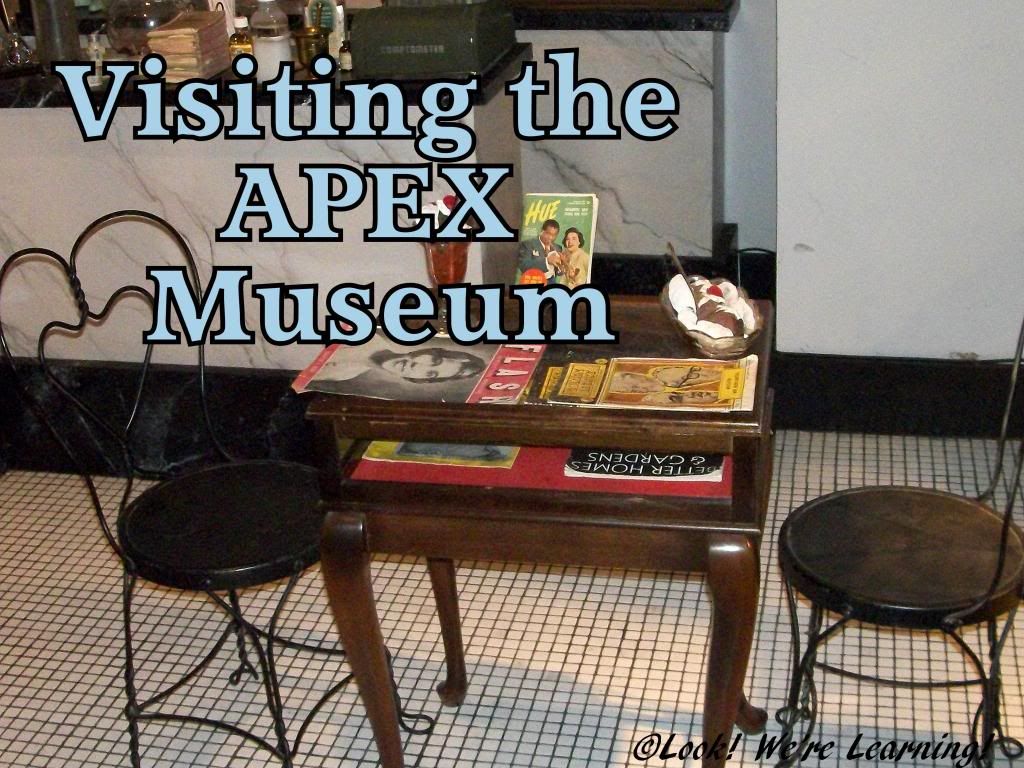


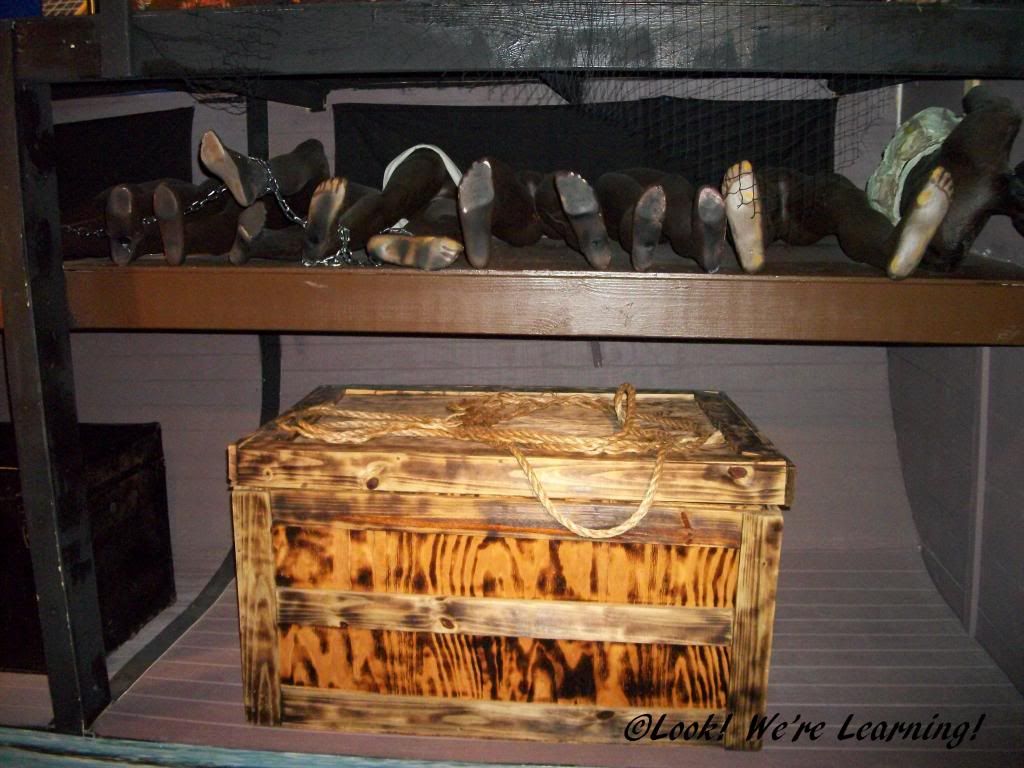
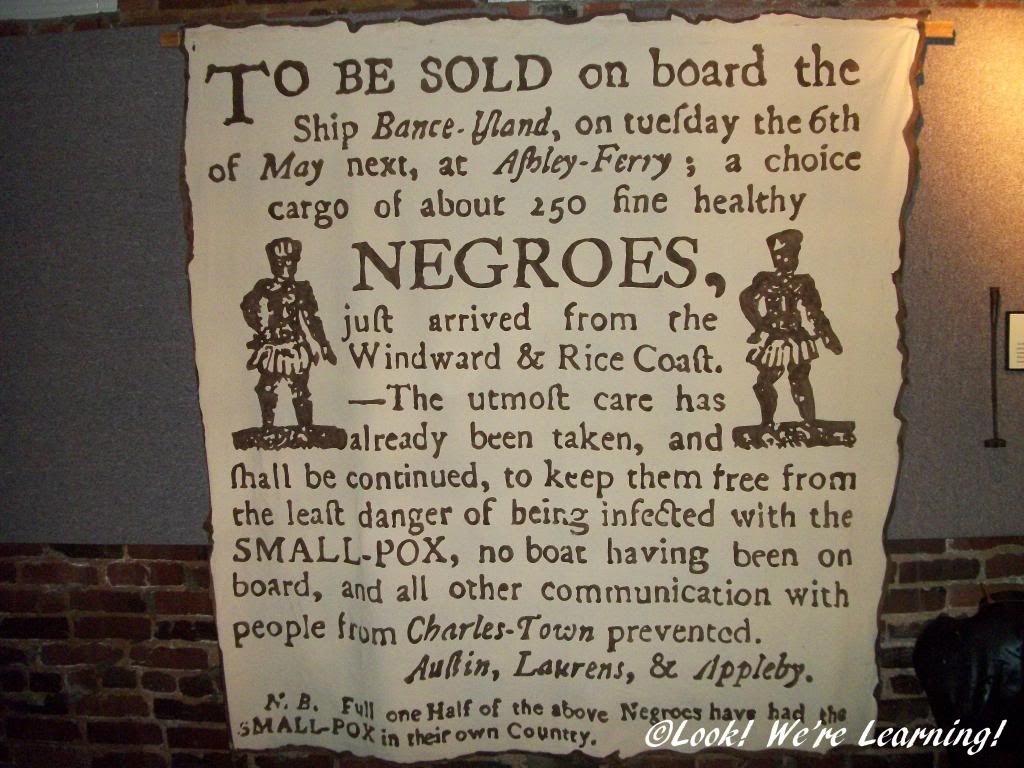
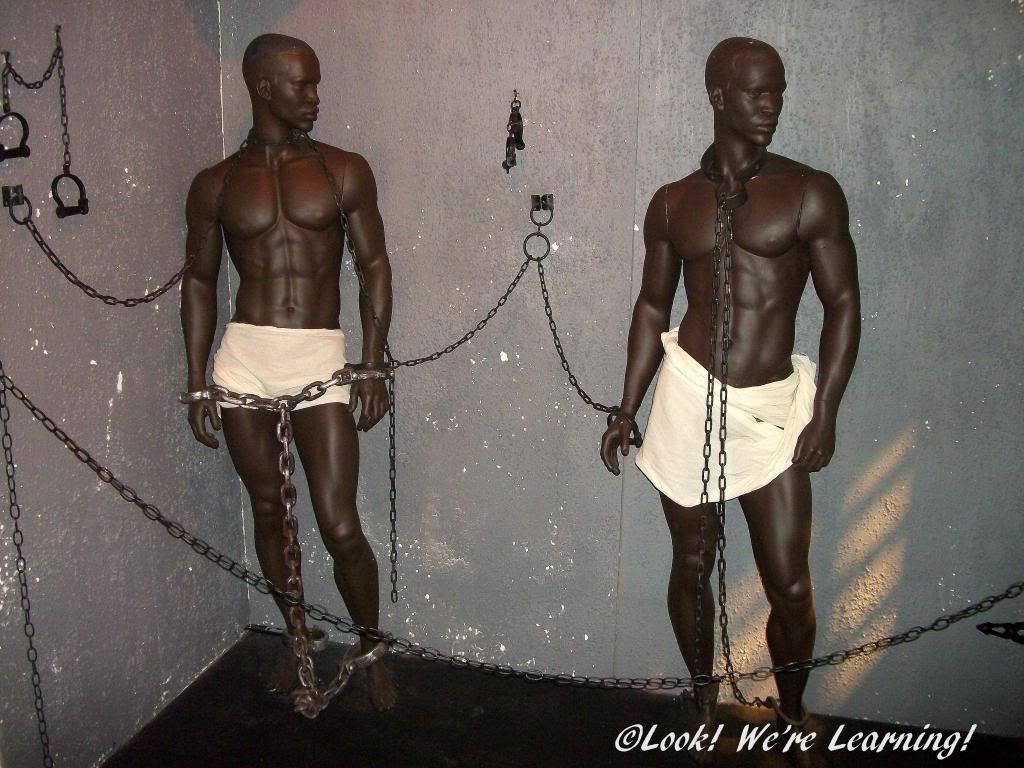
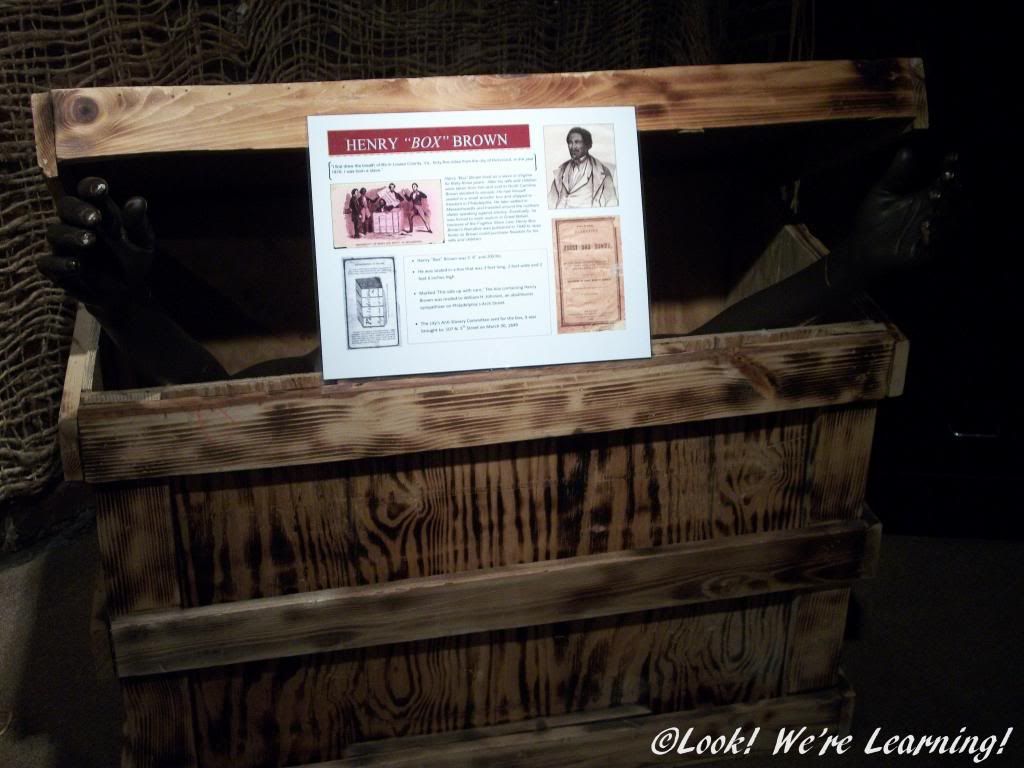
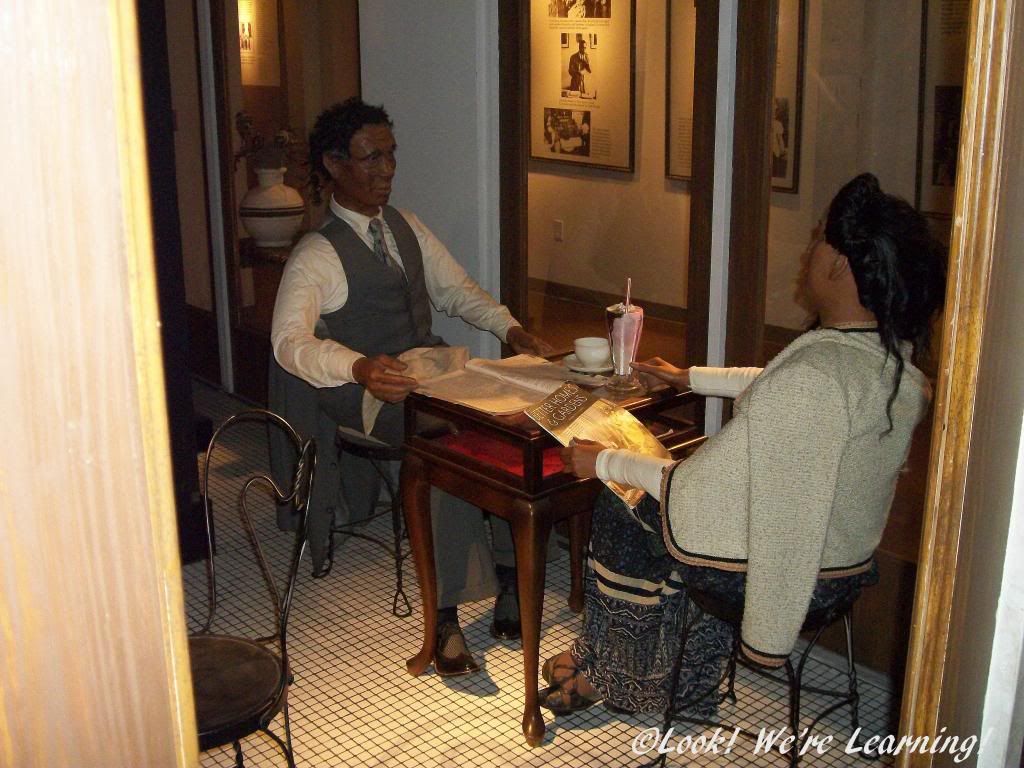
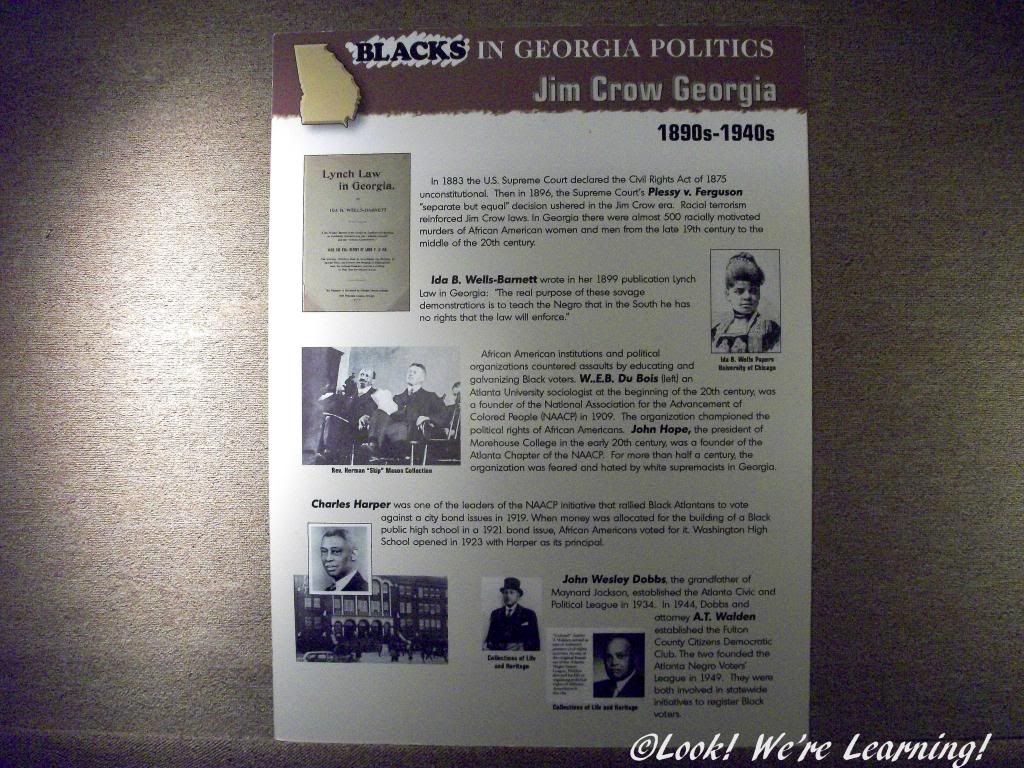
Well I learned loads and I didn’t even go. What a great resource.
Glad you enjoyed it! 🙂
Selena, Just saw this post and want to say thanks. We appreciate you and your family for visiting the APEX and for this wonderful commentary. Please LIKE us on FACEBOOK. The best to you and your family. You give us hope.
Selena, This is great! I am a board member of the APEX and this brings me joy to see your support! Everyone needs to understand the history we come from. Thank you and your family for being a part of this!.